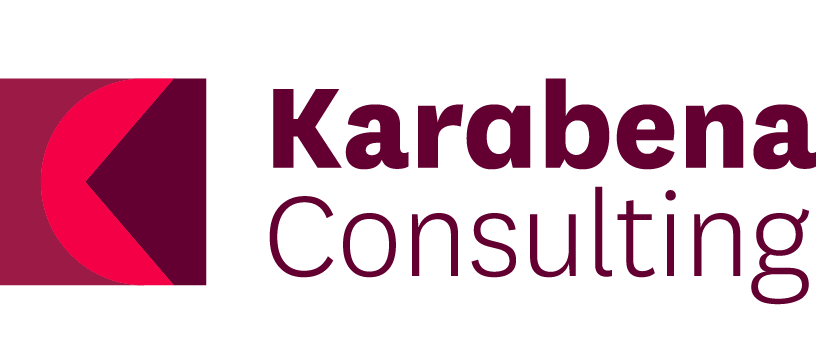Improving Cultural Safety and Access in Emergency Departments for First Nations Patients and Families
West Metro Health Service Partnership (WMHSP)
Who funded the project
Karabena was engaged by WMHSP to help understand the enablers and barriers to cultural safety and access in Emergency Departments (ED) for Aboriginal and/or Torres Strait Islander people and their families.
To achieve this, Karabena undertook site visits to the EDs at both RMH and RCH, semi-structured discussions with staff at RMH’s First Nations Health Unit and RCH’s Wadja Aboriginal Family Place, and consultations with Aboriginal and/or Torres Strait Islander community members.
Karabena delivered a final report to WMHSP outlining the key findings from the community consultations, and key recommendations for improving cultural safety and access in emergency care.
Summary
The West Metro Health Service Partnership (WMHSP) was funded to undertake an initiative that aims to enhance cultural safety and access in Emergency Departments (ED) for Aboriginal and/or Torres Strait Islander people and their families.
The WMHSP is made up of Peter MacCallum Cancer Centre, the Royal Melbourne Hospital (RMH), the Royal Children’s Hospital (RCH), the Royal Women’s Hospital, Werribee Mercy Hospital and Western Health.
This project was undertaken in both adult and paediatric ED settings at the Royal Melbourne Hospital (RMH) and the Royal Children’s Hospital (RCH).
Karabena was engaged by WMHSP to understand how RMH and RCH can create a more culturally safe place and experience in their EDs for Aboriginal and/or Torres Strait Islander patients and the community more broadly (the Project).
In particular, the Project sought to understand:
The reasons why Aboriginal and/or Torres Strait Islander people presenting to the ED may feel unable to stay before treatment has been completed, and
The barriers for patients identifying as Aboriginal and/or Torres Strait Islander in ED settings.
Based on the findings, Karabena proposed recommended strategies for RMH and RCH to address the above and improve cultural safety in the ED. Future work will potentially be undertaken to co-design and implement strategies with RMH and RCH.
Project Aims
Karabena undertook a participatory research inquiry approach by engaging with Aboriginal and/or Torres Strait Islander community members to understand the barriers and challenges facing them and their families when presenting to the ED.
Baseline Data: Initial qualitative data about enablers and challenges was collected during site visits to the RMH and RCH EDs in April 2024. Karabena conducted walkthroughs using an ED Cultural Safety Audit Checklist co-designed and agreed upon with the Aboriginal Health Improvement Initiative Working Group (AHIIWG). The agreed themes included:
Physical Space, Environment, and ED Design
Interactions with staff in the ED
Processes and Procedures
Communication and Feedback
Cultural Safety in the ED
Baseline data was also collected through semi-structured discussions with staff from the FNHU and Wadja.
Quality Assurance: Prior to community consultations, Karabena assisted the WMHSP project team with Quality Assurance applications.
Community Consultations: Qualitative data was collected via community consultations held during July and August 2024. Karabena undertook a mixed-methods approach to consultations using a semi-structured question guide that was co-designed with the AHIIWG. Consultations were held at:
Sunbury Aboriginal Corporation
RMH First Nations Health Unit
Victorian Aboriginal Health Service, Preston
Ngarra Jarra Aboriginal Health Unit, Austin Hospital
Verbal consent to participate in the project was sought from participants prior to each consultation and they were remunerated for their time. Karabena consulted with approximately 30 Aboriginal and/or Torres Strait Islander community members.
Analysis Phase: Consultation transcripts and notes were thematically analysed to identify trends in the data. These findings were synthesised, and used to inform the development of the final report.
Methodologies
The key output from this project was the West Metro Health Service Partnership: Improving Cultural Safety and Access in Emergency Departments for First Nations Patients and Families - Final Report.
The report detailed the findings from the community consultations about:
Current Enablers – What is Working
Current Barriers and Challenges – What is not Working
Based on these findings, Karabena developed a set of key recommendations for improving cultural safety and access in the EDs at RMH and RCH.
A draft version was submitted to WMHSP on 20 August 2024 for review. Based on feedback received, Karabena revised and resubmitted on 30 August 2024, and after a final round of feedback a final copy was submitted on 6 September 2024.
A presentation of key findings and recommendations was delivered to the AHIIWG on 3 September 2024.
Outputs
The recommendations from the report are under review by WMHSP and will guide future strategies and initiatives aimed at increasing cultural safety and access in EDs for Aboriginal and/or Torres Strait Islander patients and their families.
Project Outcomes
#culturalsafety
#access
#healthcare
#CulturallySafeHealthcare
#EmergencyDepartments
#AboriginalHealthcareInitiatives
#RoyalMelbourneHospital
#RoyalChildrensHospital
#CommunityConsultations
#HealthEquity
